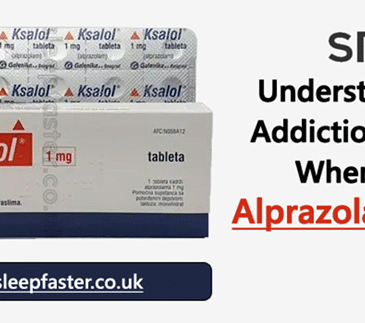
An essential organ, the heart pumps blood ceaselessly throughout the body to ensure that every cell receives oxygen and nutrients. Maintaining a healthy heart is crucial for overall well-being, as heart disease remains a leading cause of death worldwide. To assess your heart’s health and identify potential risks, medical professionals use various diagnostic tools, one of which is the calcium heart score. In this article, we will look at what calcium heart scores are, how they work, and why they are essential for assessing your heart’s health.
Understanding Calcium Heart Scores
A calcium heart score, also known as coronary artery calcium (CAC) scoring, is a diagnostic tool used to detect and quantify the amount of calcium buildup in the coronary arteries. The heart muscle receives blood from these arteries, and the accumulation of calcium in these vessels may serve as an indicator of atherosclerosis, a pathological state distinguished by arterial plaque deposition leading to arterial hardening and constriction.
The Procedure
Calcium heart scoring is a non-invasive procedure typically performed using computed tomography (CT) scanning. During the test, a patient lies on a table that moves through a CT scanner, which captures detailed images of the heart and coronary arteries. These images are then analyzed to identify and quantify any calcium deposits in the arteries. The result is a numerical score that reflects the extent of calcium buildup.
Interpreting The Score
The calcium heart score is reported as an Agatston score, named after the researcher who developed the method. The score ranges from 0 to several thousand, with higher scores indicating a greater amount of calcium in the coronary arteries. Here’s a general guideline for interpreting calcium heart scores:
- A Score Of 0: This suggests little to no calcium buildup in the coronary arteries, indicating a lower risk of coronary artery disease.
- Score Between 1 And 100: A mild to moderate calcium buildup is detected, indicating a low to moderate risk of heart disease.
- Score Between 101 And 400: This range suggests a significant calcium buildup, indicating a higher risk of heart disease and potential narrowing of the arteries.
- A Score Above 400: A high score in this range indicates a substantial amount of calcium buildup, signifying a significantly elevated risk of coronary artery disease.
Assessing Heart Health
Calcium heart scores serve as an essential tool for assessing heart health and identifying potential risks. Here are some key benefits of using calcium heart scores:
- Early Detection: Calcium heart scores can detect atherosclerosis before symptoms appear. This early detection enables risk reduction and timely intervention.
- Risk Stratification: By quantifying calcium buildup, these scores help healthcare providers stratify patients into different risk categories. This information guides treatment decisions and interventions.
- Personalized Care: Calcium heart scores provide a personalized approach to heart health management. Individuals with higher scores may receive more aggressive treatment and lifestyle recommendations to reduce their risk.
- Monitoring Progress: For individuals with known heart disease or high risk, repeat calcium heart scoring can track the progression or regression of calcium buildup over time, helping to assess the effectiveness of treatment and lifestyle changes.
- Motivation For Lifestyle Changes: A high calcium heart score can serve as a wake-up call, motivating individuals to make necessary lifestyle changes, such as improving their diet, increasing physical activity, quitting smoking, and managing stress.
Conclusion
Your heart’s health is paramount, and early detection of cardiovascular risks is essential for effective prevention and management. Calcium heart scores are an invaluable instrument in this context, as they furnish vital data regarding the presence and magnitude of calcium deposition within the coronary arteries. By assessing your heart’s health with calcium heart scoring, you and your healthcare provider can work together to develop a personalized plan to lower your risk of heart disease, ultimately promoting a longer and healthier life. To find out if a calcium heart score is right for you, speak with your healthcare physician if you have any concerns about your heart health or risk factors. Remember, proactive measures today can lead to a healthier heart tomorrow.




